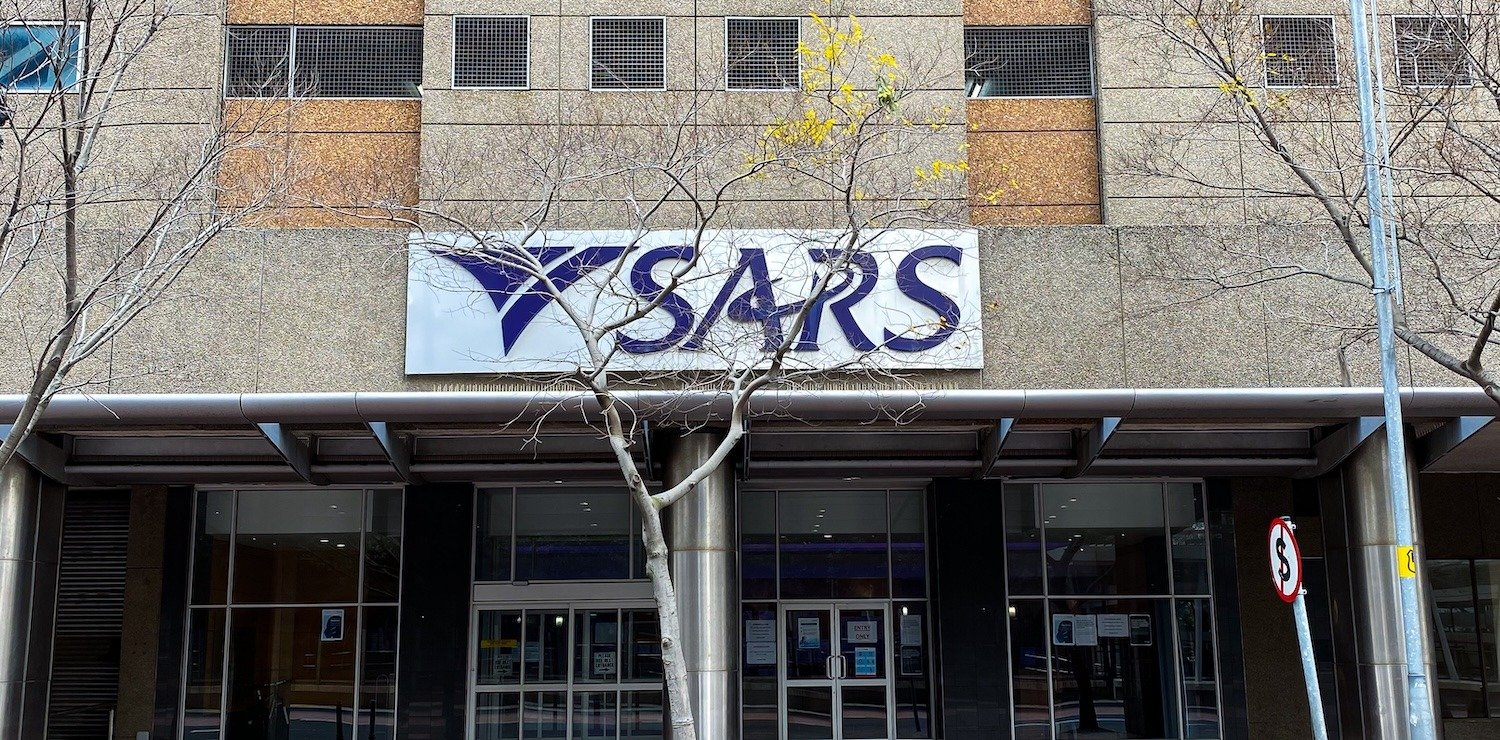Embracing artificial intelligence to strengthening tax compliance

By Jessie Taylor
The South African Revenue Service (SARS) is increasingly using artificial intelligence (AI) and machine learning as tools in its tax compliance strategy, marking a significant shift toward data-driven enforcement. These technologies have proved efficient in identifying non-compliance, and SARS’ AI-driven initiatives have helped secure billions in additional revenue.
A surge in revenue and compliance success
By embracing AI, SARS has revolutionised its tax compliance framework, allowing it to track financial transactions, assess risks, and spot discrepancies with speed and precision. According to SARS Commissioner Edward Kieswetter, the integration of AI has enabled the agency to identify and prevent fraudulent activities in record time, exemplified by a recent case where AI detected R10-billion in impermissible refunds within seconds.
This powerful technology also allows SARS to access a wealth of third-party data. Every year, the tax authority gains more access to such information, reinforcing its data-driven approach. AI-powered analytics can evaluate income levels, spending patterns, and asset declarations by correlating bank statements and digital financial records, thus ensuring that SARS leaves no stone unturned in identifying undeclared wealth. This approach significantly broadens SARS’ capacity to enforce compliance far beyond the limitations of traditional audit methods.
SARS' deployment of AI and machine learning has yielded remarkable results. At the end of March 2024, SARS reported a R1.74-trillion revenue collection for the fiscal year, exceeding projections by R10 billion. The agency’s compliance programme alone contributed R293.7- billion, reflecting a 26.7% increase from the previous year. These results underscore the profound impact of AI in enhancing SARS’ tax collection efforts, as the technology identifies non-compliance swiftly and reliably.
AI tools have also enabled SARS to broaden its tax base, adding over a million individuals and tens of thousands of businesses and VAT vendors to its registers. For instance, 1,500 newly registered companies contributed R214- million, while the 39,900 new employers registered for PAYE contributed an additional R3.4-billion. These results underscore the AI-enhanced system's effectiveness as SARS strives to expand its reach and identify all liable parties within the tax ecosystem.

Cracking down on tax evasion and fraudulent activities
With AI’s analytical power, SARS is tackling large corporate tax offenders, small-scale evaders, and individual taxpayers. AI’s ability to detect anomalies has allowed SARS to escalate its efforts against fraudulent VAT claims, illicit financial flows, and syndicate crimes, recovering billions from non-compliant taxpayers. In addition, SARS has launched thousands of customs compliance inspections and issued numerous demand letters, recovering R2- billion in outstanding customs-related debt.
AI-driven insights have also empowered SARS to hold company directors accountable for their organisations' tax liabilities. With digital oversight, SARS can assess discrepancies between declared and actual income, resulting in additional assessments when undeclared earnings or misstatements are found. This trend of stricter enforcement aligns with SARS’ mission to make tax evasion a costly risk for non-compliant taxpayers.
With access to an ever-expanding array of third-party data sources, SARS’ AI systems can examine digital transactions and bank accounts for potential discrepancies in taxpayer filings. This proactive, even preemptive, approach to identifying non-compliance signifies a major evolution in SARS’ oversight capabilities. For taxpayers, the prospect of enhanced surveillance underscores the need for transparency in reporting income and assets.
SARS’ journey from a largely manual process to an AI-powered tax enforcement system exemplifies the broader global trend of digital transformation in government operations. With AI’s capacity to identify non-compliance faster and more accurately, SARS has emerged as a model of efficiency in the public sector, contributing billions to South Africa’s national revenue.
As SARS pushes forward with digital initiatives like e-invoicing and the creation of unique digital identities for taxpayers, the future of tax compliance in South Africa appears firmly rooted in technology. The adoption of these tools not only accelerates SARS’ revenue collection but also fosters a culture of transparency and accountability within the tax ecosystem.
SARS' integration of AI and machine learning has revolutionised tax compliance in South Africa, allowing it to uncover fraud and expand its tax base. Through AI, SARS is not only securing essential revenue for South Africa’s economic development but also setting a precedent in the region for technology-driven public administration.


.svg)











